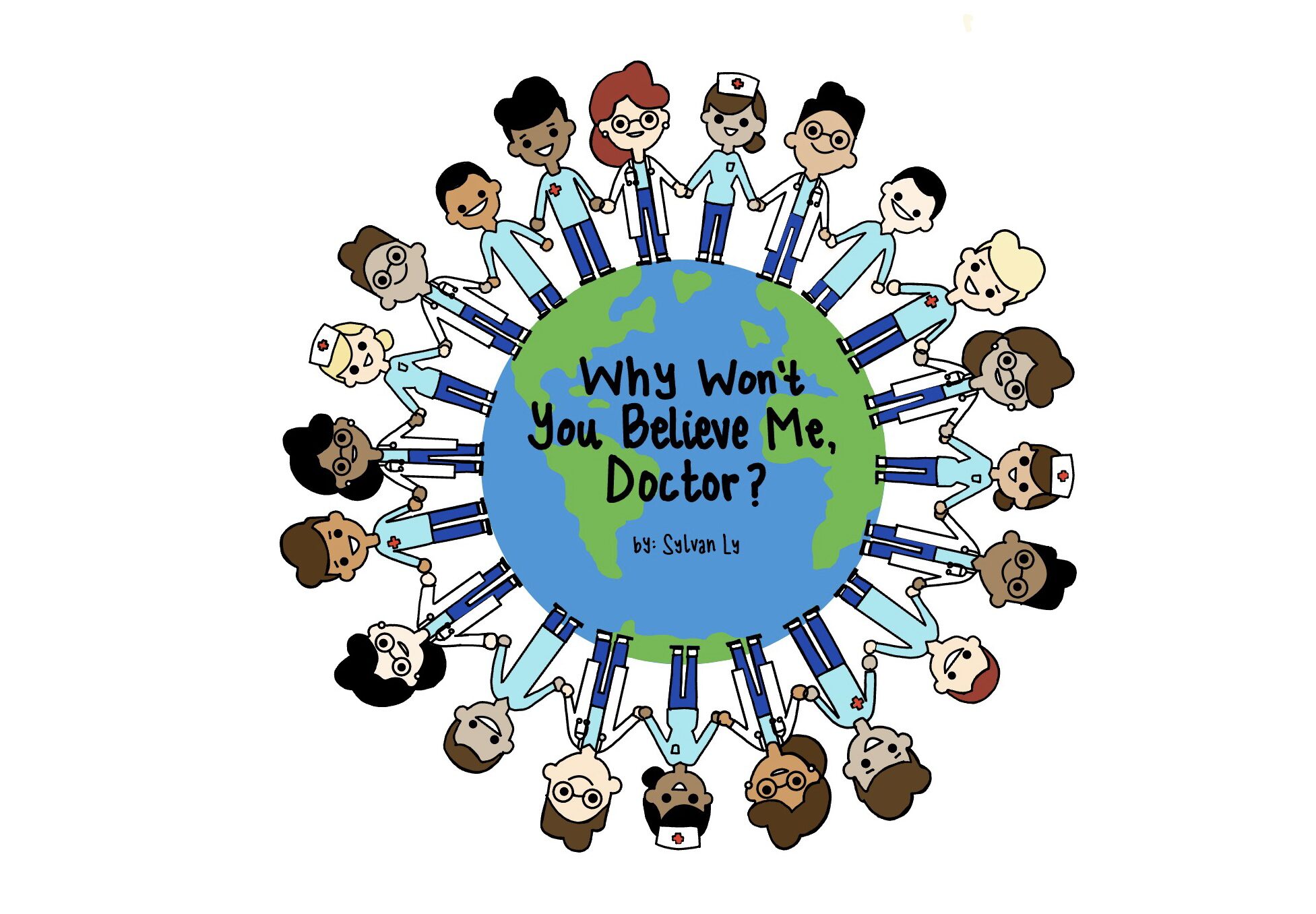
Writer: Sylvan Ly
Editor: John Paul Seitz
Graphic Editor: Elise Tinh
“Teacher? I can’t come to school today. The wind kidnapped my spirit,” is a phrase you would most definitely not hear in an average American classroom. That’s absurd! You might even wonder if there’s something wrong with this student! Yet, as it turns out, there are so many illnesses around the globe that our western-centric view of medicine would never consider valid. Called culture-bound-illness (CBI), this select group of illnesses can be language-bound, social-bound, or even geographic-bound but in any case, some factor or another obscures it from general knowledge.
Language-centered and social-bound culture bound illnesses are diseases that are obscured due to their terminology. For example, Susto and Nervios are two Latin American CBIs that are most commonly compared to PTSD or general anxiety, as they are translated to ‘soul loss’ and recommended cures are ‘rejuvenating the vital life force of the body’ (things that probably make no sense to most of you!) Over time, it’s been shown that Susto and Nervios both bear distinctly different impacts on the body than just PTSD or anxiety which makes it hard to understand how to fix. Oftentimes, these illnesses are hard to explain to those outside the geographic and cultural borders of a community due to their implicit tie to the culture surrounding.
Another difficulty some culture-bound illnesses face are geographic borders. Sometimes, illnesses are caused by a mosquito only found in certain areas of the world, and due to mis-translations, the disease can be mistreated or disregarded. For example, the disease known as ‘Contortion’ in Africa and South Asia has symptoms like the Zika virus but it isn’t. It’s caused by the Aedes mosquitoes in that geographic region, and because of the geographic isolation, stories are passed on about the illness only in that cultural sector of the world.
Culture-bound illnesses face the issue of being disregarded by so many medical professionals without training in so many niche areas and it’s difficult to find a catch-all solution. At the end of the day, the most important thing is for medical professionals to keep an open mind because being culturally sensitive is being medically sensitive. Healthcare has advanced so much in recent decades, but we forget that health care is Health AND Care.









